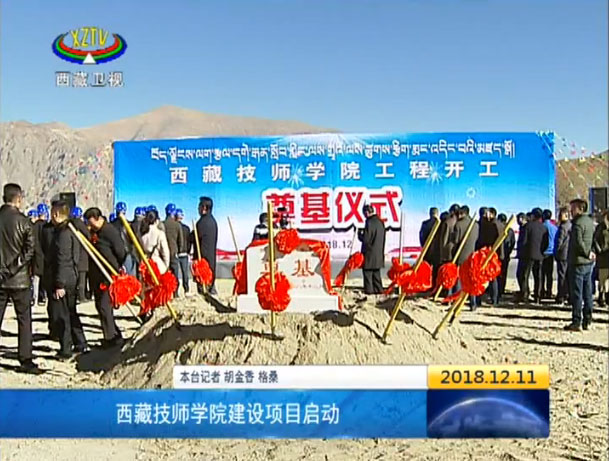New programs improve quality of tuition


In recent years, education in Lhasa, capital of the Tibet autonomous region, has made great achievements in terms of quality, teaching and vocational training, and has forged a modern comprehensive system covering all subjects and ages, the regional government said.
In 2012, the government launched an education center with investment of more than 5.9 billion yuan ($878 million) to accelerate educational reform and development.
The second phase of construction is in progress.
Two middle schools have been established in Lhasa with the aid of Beijing and Jiangsu province, both of which invested more than 200 million yuan and dispatched first-class teachers and administrators to provide assistance.
Liu Yanning, an official with the Lhasa education bureau, said the schools are advanced in every facet, including educational concepts, teaching methods and facilities. They have created a new model for educational assistance in Tibet.
"In the past, the local people sent their children to schools outside Tibet so they could receive a better education. Now, with these schools in place, our children can share the same quality resources as their counterparts in Beijing and Jiangsu," she said.
The Lhasa Beijing Experimental School has 48 teachers from Beijing, and the Lhasa Jiangsu Experimental School has 47 educators from six cities in the province. They have improved the local students' academic performances, with 81 percent from the Beijing school and 66 percent from the Jiangsu school gaining places at universities in 2017.
In 2016, the central government launched a project to send 800 teachers from middle and primary schools in 17 provinces and regions to Tibet every year to provide educational assistance.
According to the Ministry of Education, the project has promoted in-depth exchanges and development between the non-Tibetan educators and local teachers and students.
Lhasa's education center also has a continuing education school, where the new teachers help to tutor local educators.
"By visiting our classrooms, they can understand the current level of education in Lhasa, and then integrate their educational concepts so local teachers can become better and faster," Liu said.
According to the 13th Five-Year Plan for Education Development (2016-20) proposed by Tibet, the region's level of education is expected to match the national average by next year.
- Yunxi county researchers crack mandarin fish feeding challenge
- DPP's attempts to seek 'independence' through foreign support will fail: FM spokesperson
- Traditional Chinese sport shines in camel archery contest
- Young scientists call for global action to address threats to academic research
- Rapid rescue efforts save lives after Xizang quake
- Chinese airlines ramp up operations as travel rush gets underway






































